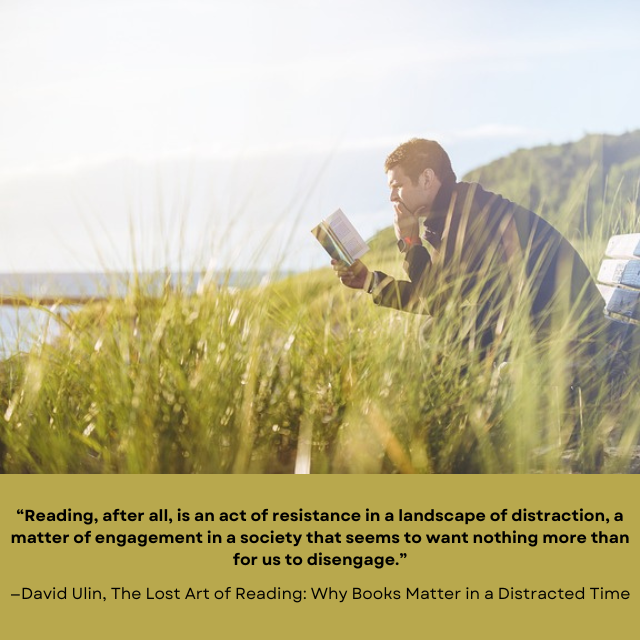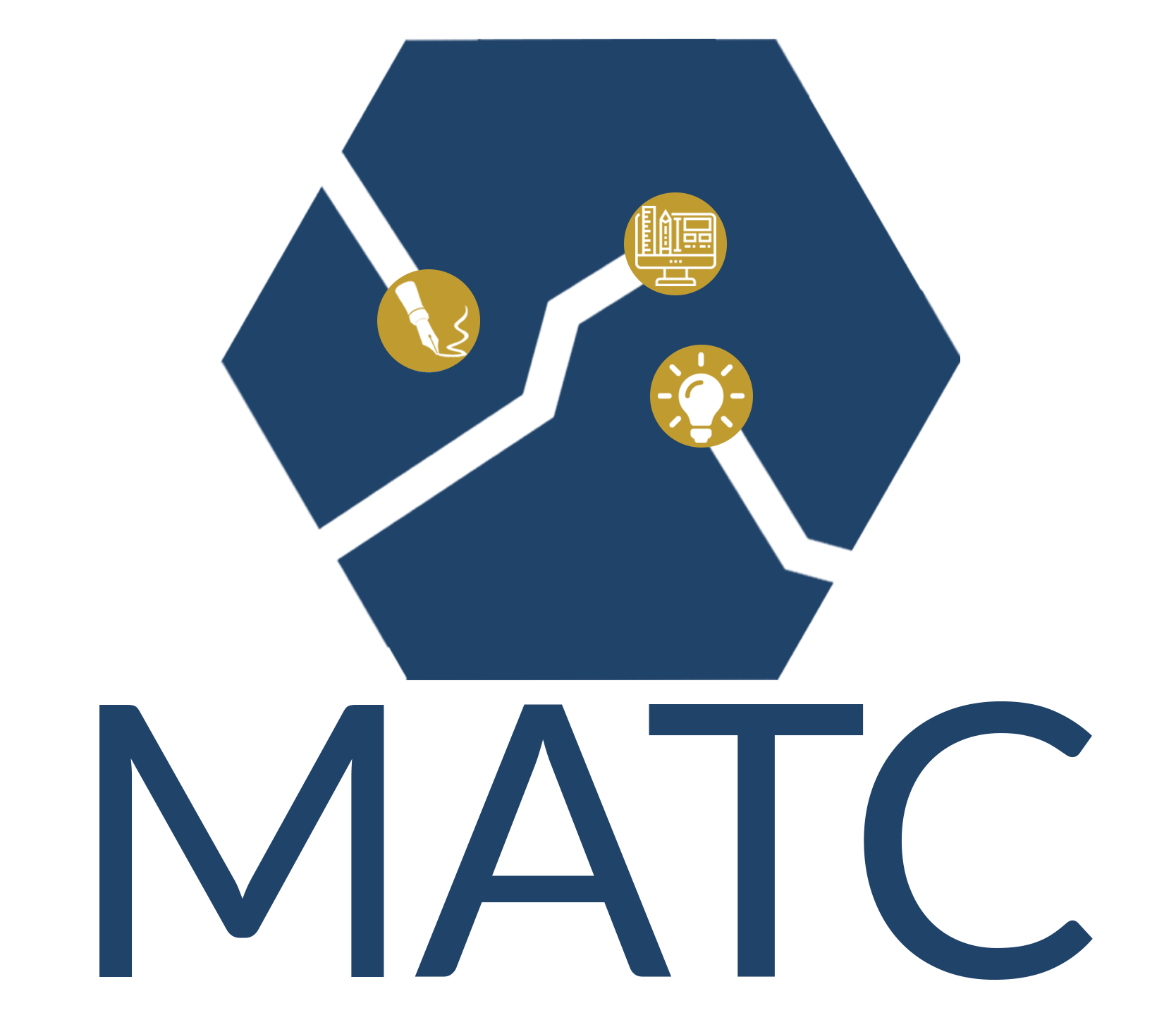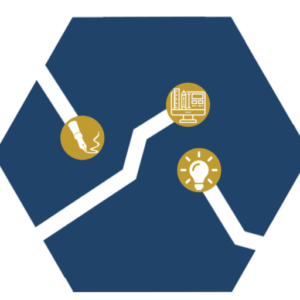It’s 2024 and May is Get Caught Reading Month. Sadly, the art of reading seems to be fading into obscurity. With the rise of social media, streaming services, and video games, we find ourselves spending less and less time engaged in the simple pleasure of reading (or listening to) a book. However, the benefits of reading, regardless of the format, remain as potent and essential as ever, and we can change our habits to reap reading’s benefits.
The Decline of Reading
Over the past few decades, we’ve seen a noticeable decline in reading habits across the globe. Surveys and studies consistently reveal that people, especially younger generations, are reading less than their parents and grandparents. Factors contributing to this decline are numerous: the ubiquity of smartphones and other electronic devices, the allure of social media, and the increasing emphasis on visual and interactive forms of entertainment.
According to a 2023 survey from the National Endowment for the Arts (NEA):
- 53 percent of US adults read books of any kind in 2022, compared to 57.1 percent in 2017.
- The percentage of adults who read at least one book (print or electronic) in 2022 was 48.5, 6.1 percent lower than in 2012.
- Fewer US adults read literature (novels, short stories, poetry, plays) in 2022 (37.6 percent) than in 2017 (45.2 percent). That’s a decline of 17 percent, the lowest share on record with this survey.
Rediscovering the Joy of Reading
Don’t despair, as hope is not lost! While technology has contributed to the decline in reading, it may also help reinvigorate the hobby. We are witnessing a bit of a reading renaissance on #Bookstagram (Instagram), #BookTok (TikTok), and YouTube. People of all ages are rediscovering the joy and benefits of reading, whether through audiobooks, printed books, or ebooks. In fact, each format offers unique advantages that cater to different preferences and lifestyles. Debates rage about whether listening to a book “counts as reading.” For the record, a 2016 study headed by Professor Beth A. Rogowsky from Bloomsburg University found no significant differences in comprehension and retention based on the mode of reading used: “We conclude that, for the average, college-educated, native language English reader, comparable comprehension and retention of text occur regardless of the modality of presentation. Additional analysis showed that both males and females in each condition recalled an equal amount of information, regardless of whether they listened to an audiobook, read from an electronic tablet, or both listened and read simultaneously (dual modality).”
The Pleasures of Printed Books
Printed books, with their tactile feel and distinct aroma of ink and paper, hold a special place in the hearts of many readers. There’s something inherently satisfying about flipping through the pages of a physical book, marking passages with little sticky tags, and displaying cherished volumes on a bookshelf. Beyond the aesthetic appeal, printed books offer a break from screens and digital distractions, providing a more immersive and focused reading experience.
The Convenience of Ebooks
Ebooks, with their portability and accessibility, have revolutionized the way we read in the digital age. With a vast selection of titles available at the touch of a button, ebooks offer unparalleled convenience for readers who prefer to carry their entire library in the palm of their hand. Furthermore, features such as adjustable font sizes, built-in dictionaries, and integrated notetaking make ebooks particularly appealing to students and avid readers who value functionality and versatility.
The Benefits of Audiobooks
Audiobooks have experienced a surge in popularity in recent years, offering readers a convenient way to consume books while on the go. Whether commuting to work, exercising at the gym, or doing household chores, audiobooks provide a hands-free, immersive experience that allows listeners to engage with the content without having to dedicate their full attention to reading. Additionally, audiobooks are accessible to people with visual impairments or learning disabilities, opening the world of literature to a broader audience.
The Universal Benefits of Reading
Regardless of the format, the act of reading offers a multitude of benefits extending beyond entertainment. Reading stimulates the mind, improves cognitive function, and enhances critical thinking skills. It exposes readers to diverse perspectives, cultures, and ideas, fostering empathy and understanding. Moreover, studies have shown that regular reading can reduce stress, improve sleep quality, and even increase lifespan.
Reading is Good for Your Career
A report from the NEA found a link between higher rates of voluntary reading and advanced reading skills. Why is this good for careers? Well, the research also reported that proficient readers are 2.5 times more likely than those with basic reading skills to earn $850 or more a week (equal to $1,120.10 in 2024).
Reading Makes You More Empathetic
The New School for Social Research (New York) published a study revealing that reading literary fiction elevated levels of empathy, a key factor in our development as compassionate humans. Rebecca Gross of the NEA says, “As we read about the behaviors and thoughts of characters, we come to understand and appreciate their experiences and inner lives, even if they are markedly different from our own.”
Reading Helps Protect Against Dementia
Research shows that lifelong engagement in intellectually stimulating activities like reading can slow decline in memory loss and cognitive ability as we age. A study from Rush University Medical Center, Chicago, found that reading helped delay the onset of dementia by up to five years. The report also found that that people who start participating in reading and other mind-engaging activities in their 70s and 80s also reap the benefits: “Exercising the mind can be done at any age to help keep your brain healthy. There’s no limit to when you can begin. We found that even those in their 80s can benefit from this type of mind exercise,” says the study’s author, Robert S. Wilson, PhD.
Reading Reduces Stress
A 2022 poll conducted by the American Psychological Association (APA) found that:
- 27 percent of participants said they are so stressed most days that they can’t function. (Stressors include inflation, violence and crime, politics, and racial climate.)
- 76 percent of respondents said the future of the US is a source of stress.
- Women ages 18-34 reported more stress than men or older women.
- 76 percent of participants reported that stress affected their physical health.
According to a 2009 Mindlab International study at the University of Sussex, the benefits of reading a book are similar to taking a beach vacation — at little or no cost. (Aren’t libraries wonderful?) Reading reduces stress levels by 68 percent and is a more effective relaxation technique than taking a walk, drinking tea, or playing video games. Novels can help bring order to a cluttered mind, thanks to structured narratives. Novelist Jessie Burton says, “Getting yourself involved in quite a gnarly plot that you can try and solve is a displacement activity from your own mind’s whirrings.”
Reading Promotes Wellness
A 2016 study from Social Science and Medicine Journal found that reading at least 30 minutes a day may have extended participants’ lifespans by an average of two years. Those who read more than three hours a week had an advantage over those who read magazines and newspapers. Booktrust, the UK’s largest reading charity, conducted a survey of 1500 adults and found those reading books regularly tended to be more satisfied with life, generally happier, and more likely to feel what they did in life was worthwhile.
Reading Improves Your Sleep
Reading before bed can help you sleep better, especially if it is part of your before-bed ritual. It helps decrease stress, anxiety, and muscle tension, allowing you to relax and unwind by pushing aside anxious thoughts. One study found that up to 22 percent of participants improved their sleep by reading before bed. As part of a consistent evening routine, it helps the mind associate bed and reading with sleep. If used in this way, however, make sure to use a printed book or an e-reader that is not backlit. The blue light of smart phones and tablets can disrupt the production of melatonin, creating difficulties in falling asleep.
Reading Helps You Feel Less Isolated
Reading gives us the opportunity to identify with others in circumstances like our own, helping us feel less alone. This is particularly good for young people. Today’s young adult (YA) novels tend to be less about escapism and more about helping teens address the issues they are dealing with every day – bullying, drug exposure, LGBTQ+ issues, and social exclusion, to name a few. Bibliotherapist Ella Berthoud says YA authors may be the most helpful at getting kids to talk about “the issues which might be happening in their lives, but they haven’t been able to articulate. I really think that a book can be the axe that breaks the frozen sea within us, as Kafka said, and that is true at any age.” Such novels do not even need to be happy. Part of the appeal of dystopian fiction is the unexpected solace they can deliver when reading about people who were tested and overcame those obstacles. When novelist Alex Wheatle’s father told him about his childhood in Jamaica, he said a “storyteller would go from village to village, especially at harvest time, and they would interpret stories of slavery and so on. This stuff is very gloomy, but it also affirms the struggle people have been through.”
Cultivating a Reading Habit
It’s so easy to get lost in “doomscrolling” on social media or binging the latest series on Netflix that it may seem difficult to start a reading habit. Yes, cultivating this habit requires intentionality and discipline, so start slowly. Here are some tips:
1. Find a Format that Works for You
You may even find that you like different formats depending on your circumstances. If you take public transit to commute to work, you may prefer ebooks to lugging large books around. Spend several hours a week driving? Try audiobooks on CD (if your car has a player) or use apps you can access on your phone via Bluetooth technology. If you read mostly at home, your favorite format may be old-fashioned printed books. Feel free to mix it up.
2. Life is Too Short to Read Books You Don’t Like
Unless you are reading for an assignment, don’t feel you must finish a book if you don’t like it after reading 50 pages – or, read the first 50 pages even if the first 10 didn’t grab your attention. If you’re over the age of 50, try subtracting your age from 100 to get the number of pages to read before making a decision on a book.
3. Set Reasonable Reading Goals
We’ve all seen those schedules of wealthy people who can hire others to do the day-to-day tasks of cleaning, cooking, picking up the kids from school, etc. Most of us don’t have that luxury, so don’t use their reading accomplishments when creating your goals. Set aspirational goals, yes, but don’t make them nearly impossible. Understand how much time you have for reading and increase it just a bit for goal setting. Remember that even 10 minutes a day adds up over time and is an improvement if you’ve been reading less often.
4. Schedule Your Reading Habit
As with other habits, scheduling makes you more likely to do it. What time and place works best for you? Some may prefer time in the morning before everything gets crazy. Others may read during their lunch break. Many of us read at night to help wind down from the day. Discover what works best for you and make sure to keep your book in that location.
5. Keep a “To Be Read” (TBR) List
It’s very easy to not read for long periods of time if you haven’t determined what’s next on your list. I know, there are so many books out there, and more coming out all the time, that it can be overwhelming. Ask friends and family what they are reading, check out best-sellers’ lists, and see what’s new that interests you. Add these to a list using Goodreads (my favorite), your journal, a memo pad – whatever you can easily access when adding books and checking them off.
6. Acknowledge and Remove Reading Roadblocks
Think about what’s kept you from developing a reading habit in the past. Not enough time? Easily distracted? Too many family needs? Find out what’s holding you back so you can find solutions. I personally find cleaning more tolerable if I’m listening to a book. Maybe you need to put your mobile devices out of reach when reading, avoiding checking your social media. Is there a time when you can have (literally) a few minutes to yourself after the kids go to bed?
7. Track Your Reading Progress
Like the TBR list, you can do this in several ways: apps, paper journal, notepad, whatever is easiest for you. You can track the number of pages read, number of minutes listened or read, how many days in a month you read, etc. Just don’t use tracking as a punishment for not reaching goals. This is about transparency and seeing progress, and some of us absolutely love crossing things off a list.
8. Engage with Other Readers
Community forums, friends, in-person or virtual book clubs – there are several options available to us in this digital age. You may also find inspiration and camaraderie on #BookTok and #Bookstagram, but take it slowly because those can cause a bit of information overload for even seasoned readers.
Final Thoughts
So, let’s all get caught reading this month! Now’s a great time to build a reading habit. Remember, just a few minutes a day can make a significant difference, and don’t let anyone tell you there’s only one way to “properly” read. While technology has created so many of the distractions that have kept us away from reading, it can also help us bring us back to reading or start reading for pleasure for the first time. It’s not like in school, where you were required to read certain books. Read what you like and you may find your stress levels decrease, your general wellbeing improves, and your empathy increases. Let’s not allow reading to become something we used to do, Instead, let’s wholeheartedly embrace it and reap its countless rewards.
Related Blogs
Soft Skills: The Secret Weapon for Career Success
In the Grip of Burout? Techniques for Reclaiming Your Well-Being
Why You Should Read Your Company’s Blog
Resources
“7 Proven Reasons Why Reading is Good for You.” Center for Adult Education. Accessed 5/3/24. https://www.cae.edu.au/news/7-proven-reasons-why-reading-is-good-for-you/
Bavishi, Avni, Martin D. Slade, and Becca R. Levy. “A Chapter a Day — Association of Book Reading with Longevity.” National Library of Medicine. 7/8/16. Accessed 5/2/24. https://www.ncbi.nlm.nih.gov/pmc/articles/PMC5105607/
Beete, Paulette. “For the Love of Reading!” National Endowment for the Arts. 9/4/18. Accessed 5/3/24. https://www.arts.gov/stories/blog/2018/love-reading
“Booktrust Reading Habits Survey 2013.” BookTrust. 2013. Accessed 5/2/24. https://www.djsresearch.co.uk/Free/published/1576-booktrust-reading-habits-report-final.pdf
Buonocore, Julianne. “How To Develop a Reading Habit Quickly and Easily.” 3/28/23. Accessed 5/1/24. https://www.julesbuono.com/how-to-develop-a-reading-habit/
Chiles, Andy. “Reading ‘can help reduce stress.'” The Telegraph. 3/30/2009. Accessed 4/25/24. https://www.telegraph.co.uk/news/health/news/5070874/Reading-can-help-reduce-stress.html
DiFiore, Nancy. “Remaining Mentally Active May Delay Dementia Onset.” 7/26/21. Accessed 5/2/24. https://www.rush.edu/news/remaining-mentally-active-may-delay-dementia-onset
Gorbett, Zaria. “How to cultivate a daily reading habit.” BBC. 2/24/19. Accessed 4/20/24. https://www.bbc.com/worklife/article/20190225-how-to-cultivate-a-daily-reading-habit
Gross, Rebecca. “Why It Pays to Read.” National Endowment for the Arts. 1/16/15. Accessed 4/22/24. https://www.arts.gov/stories/blog/2015/why-it-pays-read
Montgomery, Hugh. “Can reading really improve your mental health?” BBC. 5/27/19. Accessed 5/1/24. https://www.bbc.com/culture/article/20190527-can-fiction-really-improve-your-mental-health
“New Data Reveal How Adults Participated in the Arts During Covid-19.” National Endowment for the Arts. 10/18/23. Accessed 5/1/24. https://www.arts.gov/news/press-releases/2023/new-data-reveal-how-adults-participated-arts-during-covid-19
“Reading Literary Fiction Improves ‘Mind-Reading’ Skills Finds a Study from The New School for Social Research.” New School. 10/3/13. Accessed 4/23/24. https://www.newschool.edu/pressroom/pressreleases/2013/CastanoKidd.htm
“Stress in America 2022.” American Psychological Association. 10/22. Accessed 5/1/24. https://www.apa.org/news/press/releases/stress/2022/concerned-future-inflation
“The Lost Art of Reading Quotes.” Goodreads. Accessed 5/2/24. https://www.goodreads.com/work/quotes/13384921-the-lost-art-of-reading-why-books-matter-in-a-distracted-time
“Why Reading is Good for Mental Health.” NAMI. Accessed 4/30/24. https://namica.org/blog/why-reading-is-good-for-mental-health/
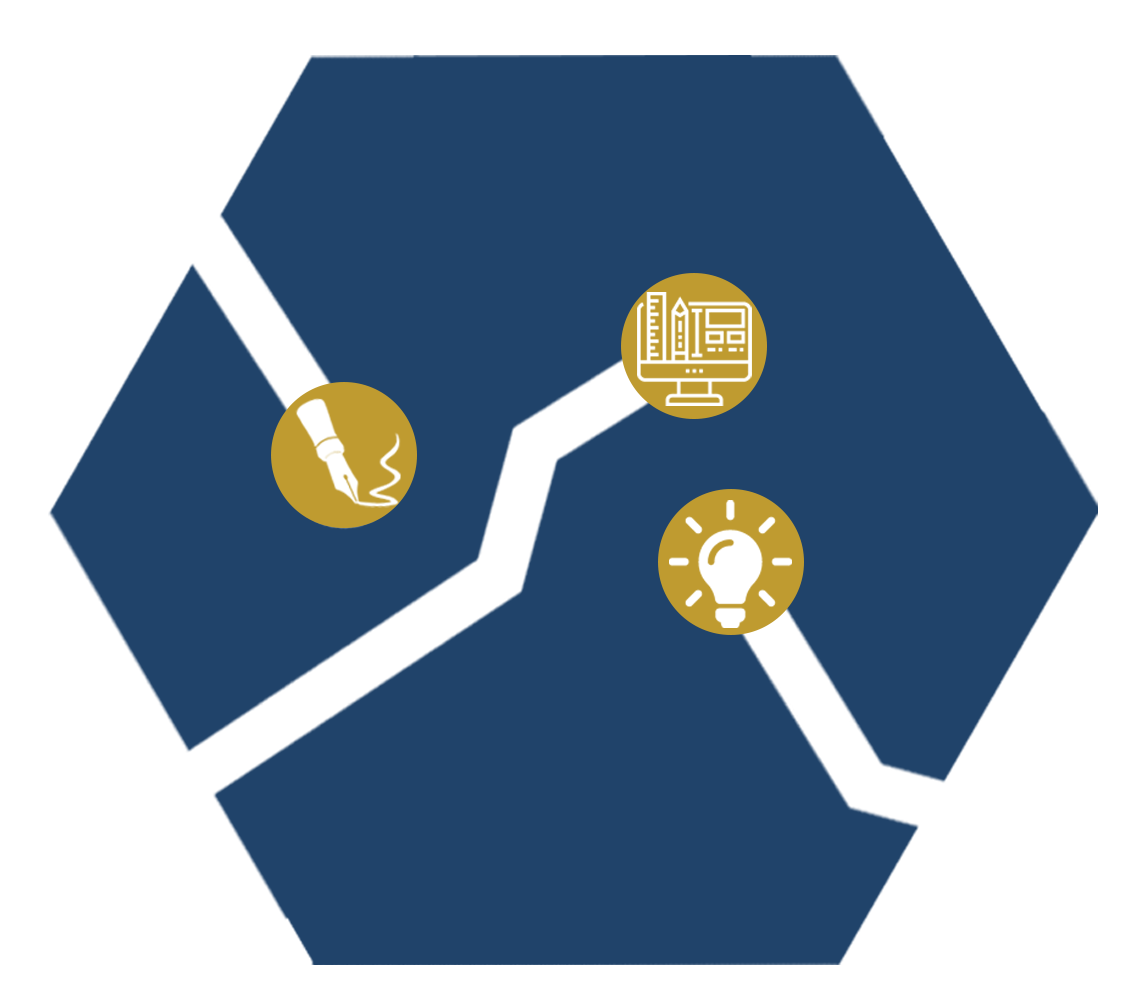


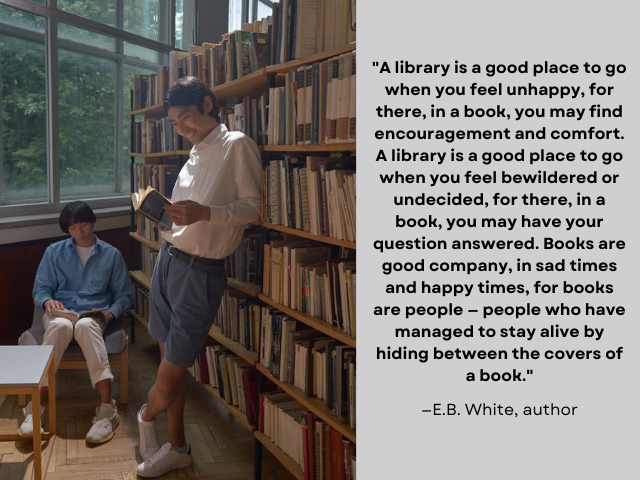
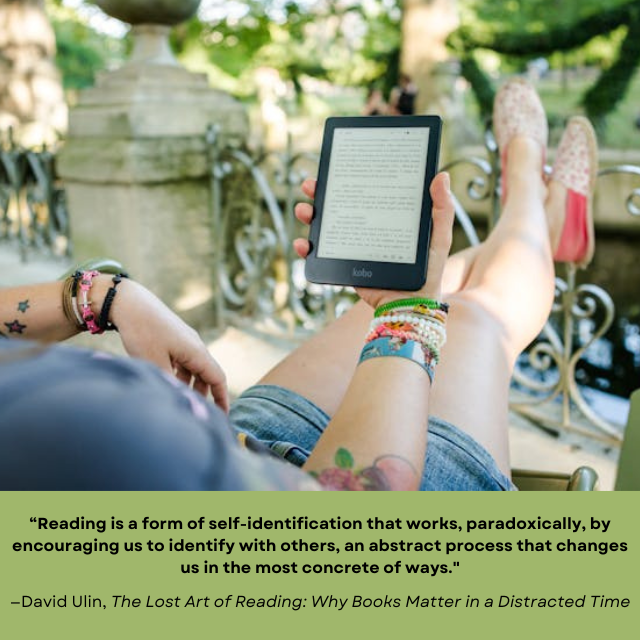
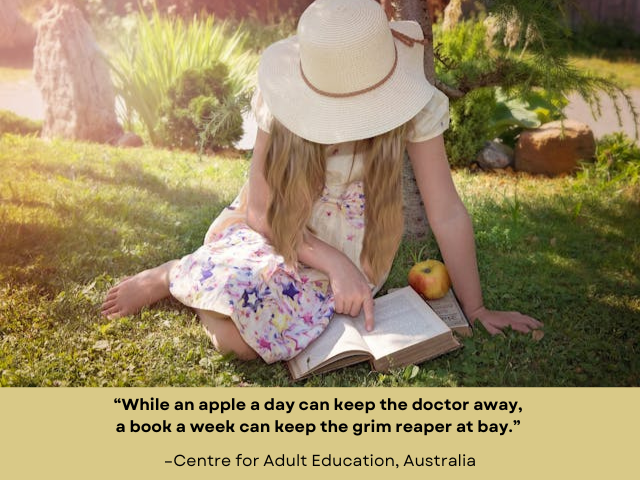
![Red-headed child with teddy bear using small flashlight to read under the covers. Quote under image reads: " “It was quite brutal, and so [Huckleberry Finn] was a place where I could escape my everyday turmoil. At least, come 9 or 9:30 p.m., I could hide under the covers with my little torch and go through those pages, and imagine I was floating down the Mississippi River, coming across steamboats and making my own decisions about where I was going to eat and rest.” —Novelist Alex Wheatle, on the effect of fiction on him while living in a children’s home in South London."](https://www.matcgroup.com/wp-content/uploads/2024/05/Untitled-480-x-640-px.png)
